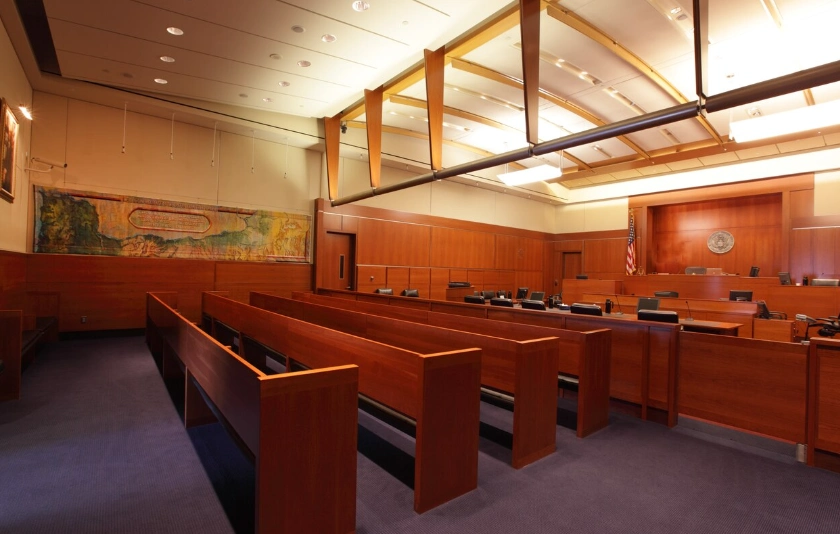In a new article forthcoming in the UCLA Law Review, Professor Keith Cunningham-Parmeter, an expert on labor and employment law, analyzes the problem of customer discrimination against workers in online reviews.
From Uber, to Starbucks, to Home Depot, companies increasingly ask customers to rate workers. Gathering data from these ratings, many firms utilize algorithms to make employment decisions, Cunningham-Parmeter writes. Uber, for example, automatically "deactivates" drivers if their average customer rating falls below a predetermined level, around 4.6 stars. This use of customer ratings raises the possibility that some customers may review workers negatively for racist, sexist, or other illegal reasons.
Without a legal framework to address these changes, the expanding influence of consumer-sourced feedback could undermine fundamental antidiscrimination protections for workers, Cunningham-Parmeter argues.
"The traditional view of customers as clients assumes that customers have no direct power to discipline or discharge workers," Cunningham-Parmeter says. "Yet today, online review systems allow customers to rate workers and decide their fates."
Recognizing this shift, the article provides a method of understanding the legal responsibility that companies should assume for discriminatory customer reviews.
Read "Discrimination by Algorithm: Employer Accountability for Biased Customer Reviews."




